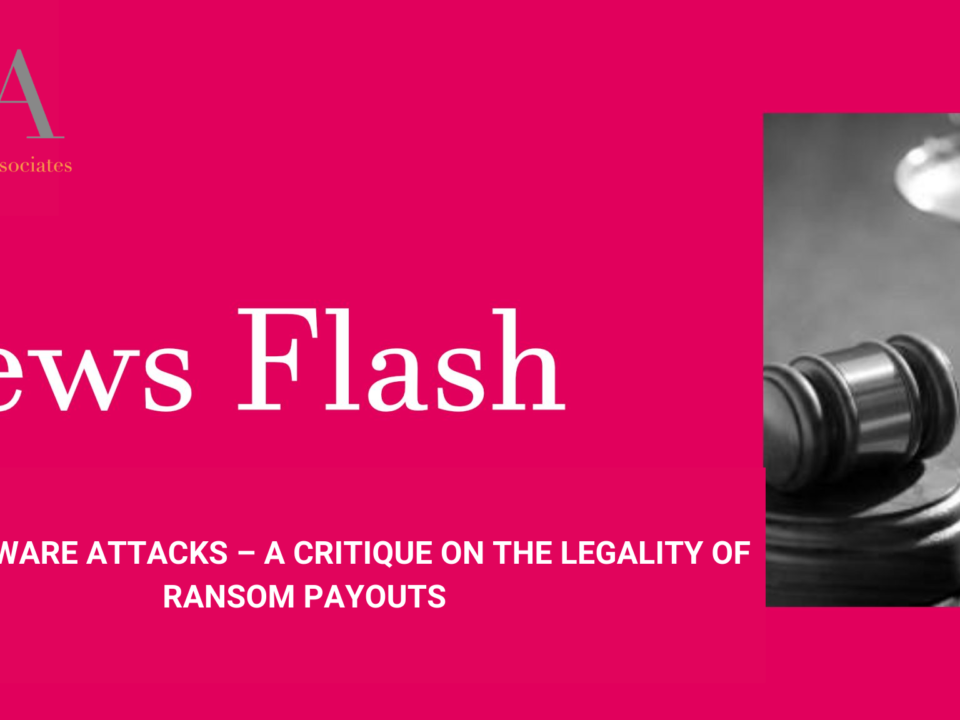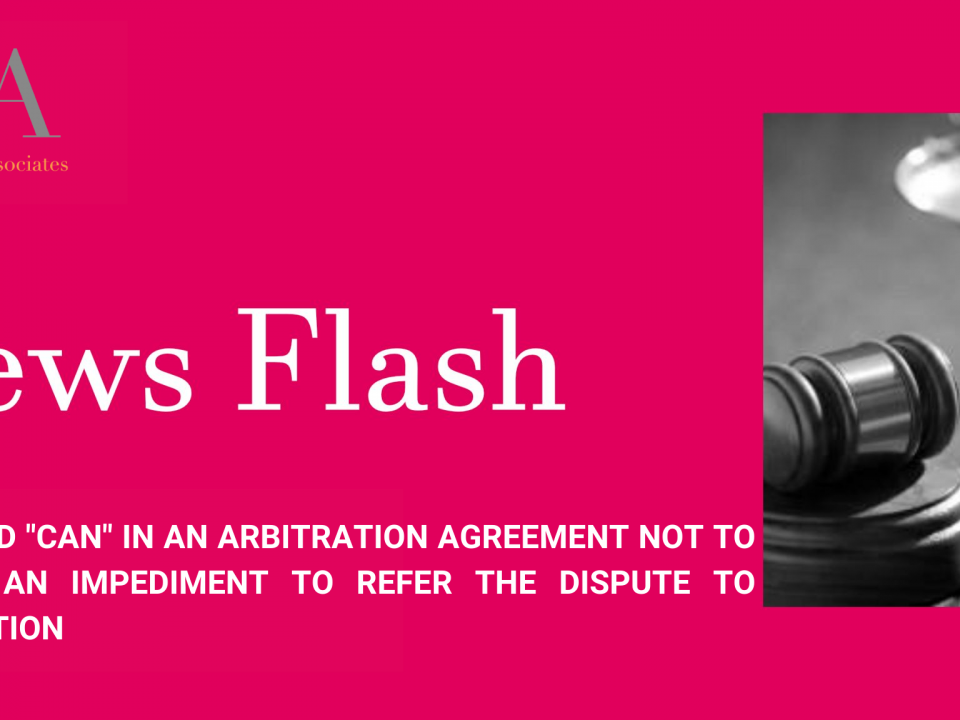Where Demonstration of Proof is Shown by Way of a Record, the Record is the Best Evidence of the Reality – Examining the Rule of Best Evidence.

Where Demonstration of Proof is Shown by Way of a Record, the Record is the Best Evidence of the Reality – Examining the Rule of Best Evidence.
In the matter of Munnalal Agrawal v. Sobhna Chourasiya, an appeal was preferred under Section 96 of the Code of Civil Procedure, 1908 (“CPC”) questioning the legality and propriety of the judgment and decree dated 28.10.2010 whereby a trial Court dismissed a claim for specific performance of a contract.
The factual matrix of the case is that the Plaintiff namely, Munnalal Agrawal, instituted a suit claiming specific performance of contract by submitting, inter alia, that an agreement to sale dated 26.12.2001 was executed in his favour by Defendant no. 1, namely Sobhna Chourasiya, who agreed to alienate the suit land at the rate of Rs.350/- per square meter, i.e., for a total consideration of Rs.1,59,110/- upon receiving the earnest amount of Rs.20,000/- with a condition that the tenant will be vacated within a period of 6 months and a sale deed was to be registered thereafter within a period of 7 days from the date of receiving the information.
However, no action was initiated by the said Defendant for obtaining the vacant possession of the suit premises. Further, during pendency of the suit the said Defendant, sold the suit premises to Defendant No.2 namely, Saraswati Yadav vide a registered sale deed. Additionally, it was contested that the alleged amount of Rs.350/- instead of Rs.700/-, was mentioned therein so as to save the registration charges and stamp duty. The real transaction was, however, for alienation of the land at the rate of Rs.700/- per square foot and half of the sale consideration was to be paid by within a period of 6 months.
At this juncture, the trial Court, arrived at a conclusion that the property in question was agreed to be sold under the alleged agreement to sell at the rate of Rs.700/- per square foot as against Rs.350/- per square foot and further observed that half of the sale consideration was to be paid within the period of 6 months from the date of its execution. It held further that the alleged agreement to sell was terminated by Defendant No.1 orally, therefore, Defendant No.2 has acquired her valid interest over the property. Therefore, the instant appeal was filed by the plaintiff.
The main questions which arose for determination was whether the finding of the trial Court, holding that the property was agreed to be sold at the rate of Rs.700/- per square foot and half of the sale consideration was to be paid by the Plaintiff within the period of 6 months in variance and contrary to the terms and conditions stipulated in the alleged agreement to sale, was perverse?
In order to make the determination reliance was placed upon the judgment delivered by the Hon’ble Supreme Court in Tamil Nadu Electricity Board and another vs. N. Raju Reddiar and another which encapsulates the legal provisions laid down under Section 91 & 92 of the Indian Evidence Act, 1872. According to the said provisions, when the terms of a contract, or of any other disposition of property, have been reduced to the form of a document, no evidence shall be given or permitted to be adduced in proof of the terms of such contract or other disposition of the property, except the document itself and the oral evidence in proof of terms of the contract is thus excluded. In the aforementioned judgment, it was observed that it is only when the written contract does not contain the whole of the agreement between the parties and there is any ambiguity then oral evidence is permissible to prove the other conditions which also must not be inconsistent with the written contract.
In the instant matter, the validity regarding the execution of the alleged agreement to sell was not in dispute, and therefore it was observed that the vendor of the property in question, namely, Sobhna Chourasiya cannot be permitted to lead any evidence contrary to the express recitals of it as the aforesaid provisions specifically bar the proof of variations in terms of a transaction contained therein.
In light of the aforesaid principles, it was held that the finding of the trial Court which were in variance and contrary to the terms and conditions stipulated in the agreement to sell, was not sustainable in the eyes of the law. Consequently, the appeal was allowed and the Plaintiff was accordingly entitled to a decree for specific performance of the contract.



